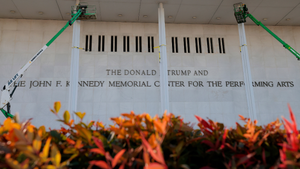The Republic of Mozambique has reason to be proud this week.
The Southeast African nation has officially decriminalized relationships between people of the same sex, reports the Washington Blade.
A law that went into effect Tuesday overturned a colonial-era law that forbade "vices against nature," which many interpreted to include homosexuality.
Lawmakers approved the amendment to the 1886 law in December with support from the former president of Mozambique, Joaquim Chissano.
International LGBT activists applauded the amendment, including Ty Cobb, the global director for the Human Rights Campaign.
"LGBT advocates in Mozambique worked tirelessly with the broader civil society community to ensure that the reform of Mozambique's criminal code would create a more equal Mozambique for all," he said. "Their work serves as a model for success that inspires all of us."
However, activists on the ground emphasized the work that still must be done to achieve LGBT equality.
Danilo da Silva, who helms Lambda, an LGBT group based in the country's capital, called the penal code "absurd" and "outdated" in an interview with the Blade. He said it "reflected the bigotry and the morals of former colonial masters."
However, he bemoaned the failure of the government to add specific protections against LGBT discrimination in the new law. He also expressed little optimism that the legislative move would have an impact on people in their everyday lives.
"Decriminalization will not change social attitudes," he said. "People still insult LGBT people. People would still be discriminated against."
The former Portuguese colony joins a handful of African nations where same-sex relationships are now legal, including South Africa and Ivory Coast. Many other African nations, like Uganda, are introducing new laws to criminalize same-sex relations.




































































Charlie Kirk DID say stoning gay people was the 'perfect law' — and these other heinous quotes